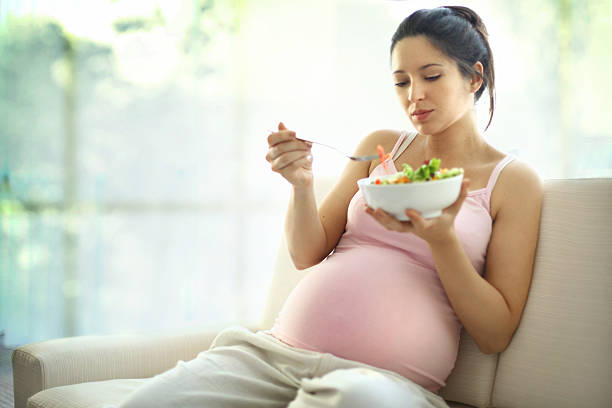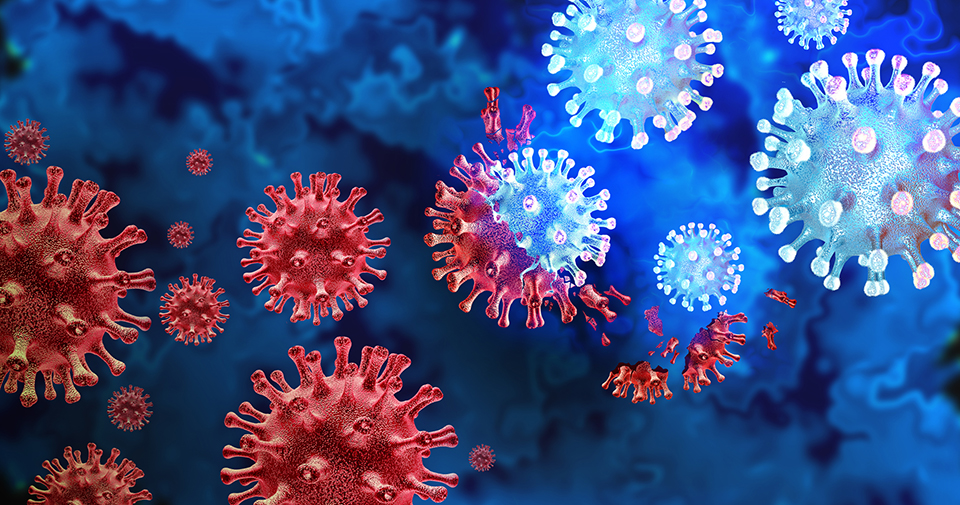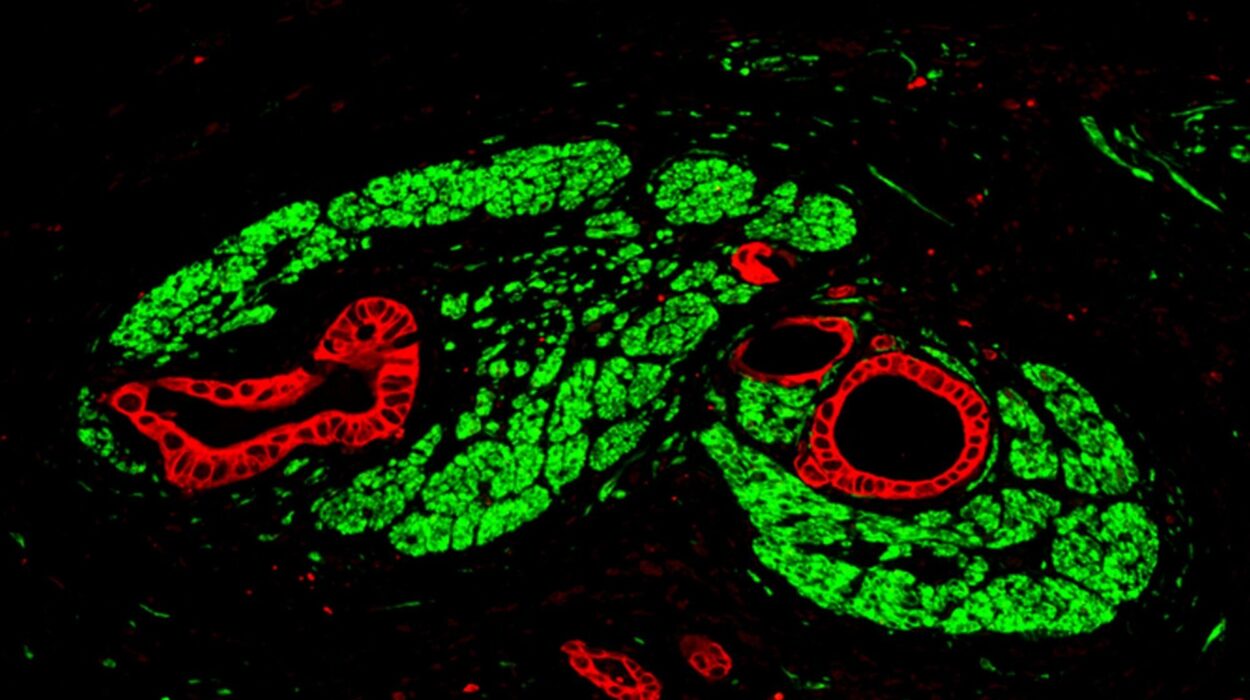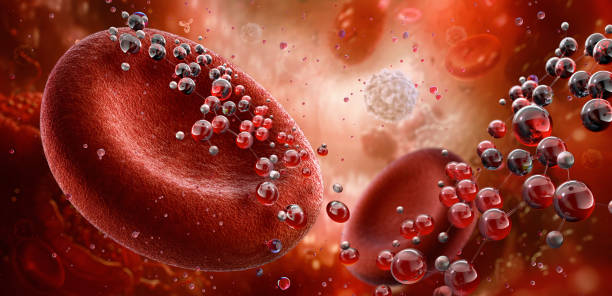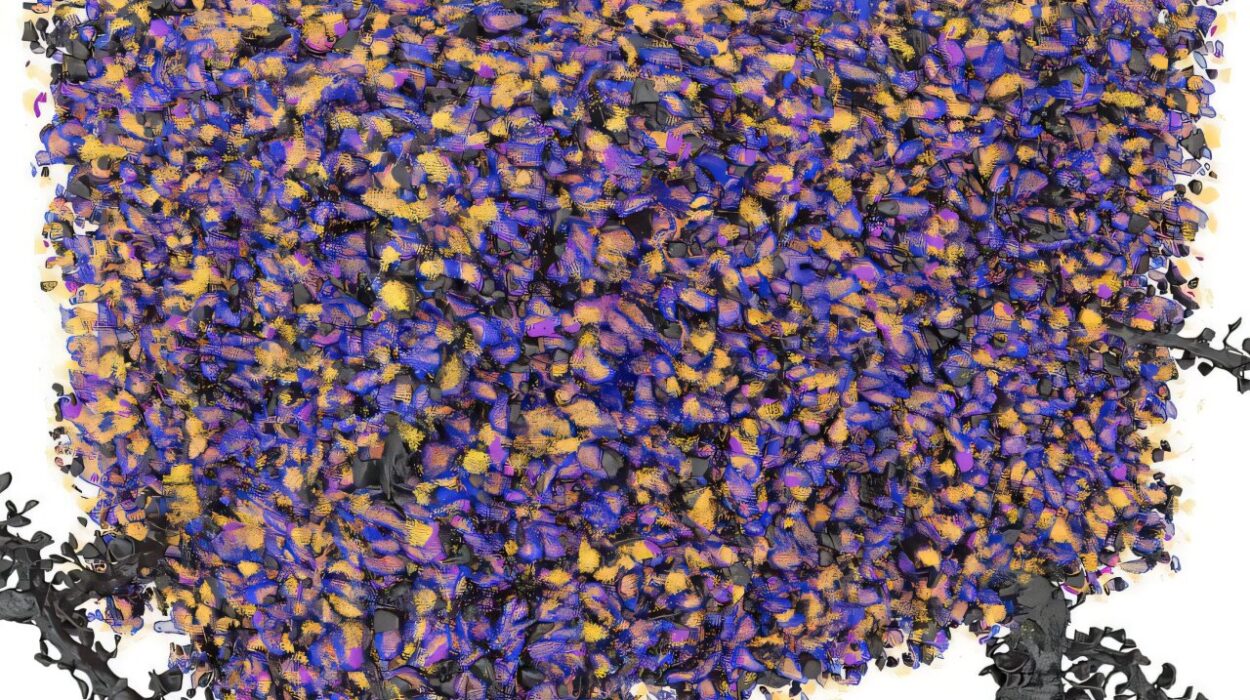Pregnancy is one of the most transformative journeys a woman can experience. It’s not just a matter of growing a tiny human—it’s a complete recalibration of the body, mind, and spirit. And nowhere is that transformation more evident than in the realm of food. The cravings might become sudden and strange, the aversions strong and unpredictable, and the nutritional stakes sky-high. Every bite you take becomes a potential building block for your baby’s developing brain, heart, bones, and immune system. That’s a lot of pressure to put on your breakfast. But it doesn’t have to be overwhelming. With a bit of knowledge and guidance, nourishing yourself and your baby can become one of the most empowering parts of the pregnancy experience.
The New Rules of Eating for Two
Contrary to the old myth, pregnancy doesn’t mean doubling your food intake. It means doubling down on nutrition. The calorie needs of a pregnant woman increase only slightly—about 300 to 500 extra calories in the second and third trimesters—but the need for specific nutrients rises dramatically. Folate, iron, calcium, omega-3s, and protein all take center stage during this time. The quality of the food becomes far more important than the quantity. Instead of thinking in terms of eating more, it’s wiser to think in terms of eating smarter.
That smarter eating starts with recognizing that food is information. Every vitamin, mineral, and compound you ingest communicates something to your body and your growing baby. Are you feeding inflammation or calming it? Are you helping cells divide and organs form, or are you flooding your system with empty calories that offer little but blood sugar spikes? The answers lie in your plate—and sometimes, in what you leave off of it.
The Power of Plant-Based Nutrition
Plant-based foods are some of the most nutrient-dense choices available to a pregnant woman. Vegetables, fruits, legumes, whole grains, nuts, and seeds offer a vibrant palette of vitamins, minerals, fiber, and antioxidants. These nutrients don’t just help the baby develop—they also support the mother’s changing body, easing digestion, improving circulation, and even helping to regulate mood.
Leafy greens like spinach, kale, and Swiss chard are rich in folate, a B vitamin that plays a crucial role in preventing neural tube defects. Folate is most critical in the early weeks of pregnancy—often before a woman even knows she’s pregnant—which is why many doctors recommend starting a prenatal vitamin with folic acid as soon as conception is possible. Still, nothing beats getting it naturally through food.
Berries offer a burst of vitamin C, fiber, and antioxidants that support immune health and help the body absorb iron. Speaking of iron, legumes like lentils and chickpeas are powerhouses of this essential mineral, which is necessary to support the increased blood volume of pregnancy. Beans also deliver a satisfying dose of protein and fiber, helping to combat constipation—a common complaint during pregnancy.
Whole grains such as oats, quinoa, and brown rice stabilize blood sugar levels and keep energy steady. These complex carbohydrates are not only more filling, but they also help nourish the developing brain by delivering a steady supply of glucose.
Nuts and seeds, especially walnuts, flaxseeds, and chia seeds, provide essential fatty acids, particularly omega-3s, which are vital for fetal brain and eye development. They also offer a satisfying crunch that’s perfect for snacking—something every pregnant woman becomes familiar with.
Protein: Building Blocks of a Baby
Protein is the scaffolding of life, the essential material for every cell in your baby’s rapidly developing body. During pregnancy, protein requirements increase significantly, especially in the second and third trimesters when growth is at its peak. This macronutrient supports the development of fetal tissue, including the brain, and it helps the mother’s body grow new breast and uterine tissue.
Sources of high-quality protein include lean meats, poultry, eggs, dairy, and plant-based options like tofu, tempeh, lentils, and beans. Eggs are particularly potent because they also contain choline, a nutrient crucial for brain development and the prevention of neural tube defects. Choline doesn’t get the attention that folate does, but it deserves a seat at the table.
Greek yogurt is another excellent source of protein and probiotics, which aid digestion and help maintain a healthy gut microbiome—a key player in immunity and possibly even mood regulation during pregnancy. Fermented foods like kefir, miso, and sauerkraut also offer these benefits, although they should be consumed with care to ensure they are pasteurized and safe.
Red meats offer a strong dose of iron and B12, but they should be lean and well-cooked to avoid the risk of bacterial contamination. If you’re vegetarian or vegan, combining different plant proteins throughout the day ensures that you get all the essential amino acids. You don’t need to pair them at every meal, but a varied plant-based diet can absolutely support a healthy pregnancy.
Dairy and Calcium for Growing Bones
Calcium is essential for building your baby’s bones and teeth, as well as for supporting the mother’s muscular and circulatory systems. If your diet doesn’t provide enough calcium, your body will draw it from your bones to meet the baby’s needs, which could lead to issues later in life like osteoporosis.
Dairy products like milk, cheese, and yogurt are classic sources of calcium, but they also offer vitamin D, which helps with calcium absorption. For women who are lactose intolerant or prefer non-dairy options, fortified plant milks (like almond, soy, or oat milk), tofu, broccoli, and dark leafy greens can help bridge the gap. Some calcium-rich foods also contain magnesium and phosphorus, which are important cofactors in the bone-building process.
Vitamin D, often lacking in modern diets, plays a critical role here. While you can get some from sunlight, many doctors recommend supplementation during pregnancy, especially in winter months or for women with limited sun exposure. Without sufficient vitamin D, even a high-calcium diet may fall short.
Fish and the Omega-3 Conundrum
Fish presents a nutritional paradox during pregnancy. On one hand, fatty fish like salmon, sardines, and mackerel are among the best sources of omega-3 fatty acids, particularly DHA (docosahexaenoic acid), which is essential for fetal brain and eye development. On the other hand, some fish are contaminated with mercury, a neurotoxin that can harm the baby’s developing nervous system.
So how do you strike a balance? The key lies in choosing fish that are low in mercury but high in omega-3s. Salmon is an ideal choice, as is sardines, trout, and anchovies. Avoid high-mercury fish such as swordfish, king mackerel, tilefish, and shark. Tuna should be limited to small servings of “light” canned varieties once or twice a week.
Some women opt for omega-3 supplements derived from fish oil or algae. These can be effective, but quality matters. Always choose a reputable brand that tests for contaminants and consult with your healthcare provider before starting any supplement.
Foods to Handle with Caution—or Avoid Altogether
While pregnancy opens the door to rich nutrition, it also requires a higher level of vigilance. Certain foods that might be harmless—or even healthy—for the average adult can pose significant risks to a developing fetus. Chief among them are those associated with foodborne illnesses such as listeriosis, toxoplasmosis, and salmonella.
Unpasteurized dairy products and juices should be avoided, as they can carry bacteria harmful to both mother and baby. Soft cheeses like brie, camembert, and blue cheese are on the caution list unless clearly labeled as pasteurized. The same goes for deli meats and hot dogs, which should be heated until steaming to kill any potential bacteria.
Raw or undercooked eggs, seafood, and meat are also off-limits due to the risk of salmonella and other pathogens. That means saying no to sushi (unless it’s vegetarian or cooked), sunny-side-up eggs, and rare burgers, even if those are your pre-pregnancy favorites.
Caffeine is another area where moderation is key. While it’s not necessary to cut it out completely, intake should be limited to about 200 milligrams a day—the equivalent of one 12-ounce cup of coffee. Too much caffeine has been linked to low birth weight and even miscarriage in some studies.
Alcohol, of course, remains the big no-no. There is no known safe amount during pregnancy, and the risks—ranging from developmental delays to fetal alcohol syndrome—are simply too great. The same goes for recreational drugs and even some herbal teas or supplements, which can act like medicine in the body and may not be safe during pregnancy.
Cravings, Aversions, and Emotional Eating
Pregnancy often brings with it a rollercoaster of food cravings and aversions that can make even the best-laid meal plans go off track. Some women find themselves yearning for pickles and ice cream, while others can’t stand the smell of coffee or garlic. These shifts are driven by hormonal changes and are perfectly normal—though they may be bewildering.
Listening to your body is important, but so is understanding the difference between true nutritional need and emotional or habitual eating. Cravings for non-food substances like clay or chalk—a condition known as pica—should be discussed with a healthcare provider, as they may indicate a nutrient deficiency.
For most other cravings, moderation is the best approach. Satisfy the desire in small portions, and try to pair it with something nourishing. If you’re craving chocolate, opt for a piece of dark chocolate paired with nuts. If it’s fries, make a homemade version baked with olive oil and a side of avocado for healthy fat.
Aversions, especially in the first trimester, can make it hard to eat certain healthy foods. If you can’t stomach leafy greens, try hiding them in smoothies. If meat makes you queasy, explore plant-based protein options or dairy until your tastes stabilize. The key is to stay flexible while aiming for balance over the course of days and weeks—not perfection in every bite.
Hydration: The Unsung Hero of Pregnancy Nutrition
It’s easy to overlook water in the pursuit of perfect prenatal nutrition, but hydration is as essential as any vitamin. Water helps transport nutrients to your baby, supports amniotic fluid levels, aids digestion, and helps prevent constipation, which is a common and frustrating part of pregnancy.
As your blood volume increases, so do your fluid needs. Most pregnant women should aim for about 8 to 10 cups of fluids a day, more if exercising or living in a hot climate. While water is the best choice, herbal teas (such as ginger or peppermint), milk, and broths can also contribute. Sugary sodas and energy drinks should be minimized or avoided, not only for their sugar content but also because they may contain caffeine or other stimulants that aren’t safe during pregnancy.
Dehydration can sneak up quickly and lead to headaches, fatigue, and even preterm contractions in extreme cases. Keeping a water bottle with you throughout the day and sipping regularly is a simple but powerful habit.
The Joy—and Responsibility—of Eating for Two
Pregnancy doesn’t mean putting your life on pause. It means stepping into a new role with power, grace, and intention. Food becomes more than fuel—it becomes a connection between you and the life growing within. Every choice, from the morning smoothie to the midnight snack, becomes part of a greater tapestry of care.
There’s no need for guilt or fear if things don’t go perfectly every day. There will be days when your appetite disappears or when ice cream wins over spinach. That’s okay. The goal isn’t perfection—it’s mindful nourishment. It’s building a strong, loving foundation for your baby to grow on, and a resilient body for you to thrive in.
In the end, pregnancy nutrition is less about strict rules and more about tuning into your body, honoring its signals, and feeding both your hunger and your hopes. Because what you eat doesn’t just nourish a baby—it shapes a future.
